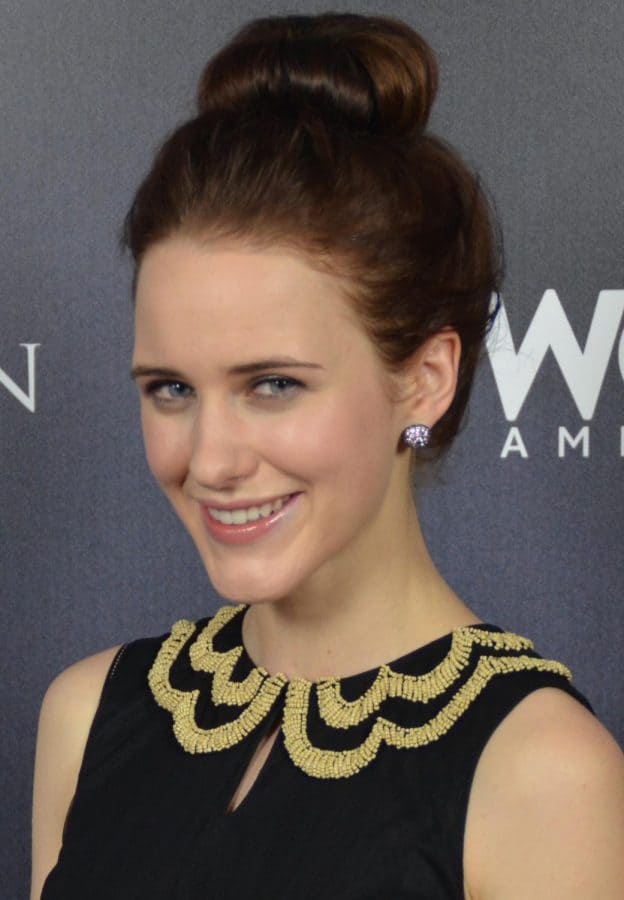‘Maisel’ is home for the holidays
December 5, 2018
There are some people who just can’t stop making good television. There’s multi-hyphenate Darren Star, who jumped from “Beverly Hills, 90210,” to “Sex and the City,” to his current project, “Younger,” with numerous stops in between. There’s Matthew Weiner, with seven seasons of “Mad Men” under his belt and two bonus Emmys from his time writing on “The Sopranos.” And then there’s the woman of the hour, Amy Sherman-Paladino, who, after writing for “Roseanne,” went on to create “Gilmore Girls,” “Bunheads” and now, her crowning glory, “The Marvelous Mrs. Maisel.”
“Maisel” premiered in November 2017 and is set to return just in time for the holidays, on December 5. The show follows Midge Maisel, a cartoonishly perfect Jewish housewife in 1950s New York City who realizes her talent for stand-up comedy. As Midge stumbles into her new—but secret—career, she also juggles motherhood, her husband’s infidelity and overbearing parents.
Rachel Brosnahan is the titular Mrs. Maisel, for which she has won an Emmy and a Golden Globe, alongside numerous other critical awards. Brosnahan glows with mirth one minute and glowers the next. Brosnahan performs Midge’s various quirks unblinkingly, taking her measurements religiously in a black leotard and waiting anxiously for her husband to go to sleep before taking off her makeup. Her stand-up delivery, though sometimes done when drunk, is largely impeccable, and her eyes carry the sense of urgency that seems to be behind much of Midge’s fast-paced life.
The show also stars Tony Shalhoub, best known for his work on “Monk,” as Midge’s father, an ornery math professor at Columbia University who alternately loves and hates to be with his family. Midge’s mother, Rose, is portrayed by Marin Hinkle, who executes her parallel housewifery with painstaking mechanization, a truly striking representation of the femininity that Midge was raised with.
Michael Zegen is Joel, Midge’s estranged and entitled husband, who steals the comedy routines of other comics and shies away from embracing responsibility or adulthood.
Alex Borstein, whose voice one may recognize from “Family Guy” and whose appearance one might recognize from “The Lizzie McGuire Movie,” is Susie, an aspiring talent manager who believes in Midge’s comedy against all odds. Borstein was awarded an Emmy for her performance, which manages to be both standoffish and overbearing.
Cinematographer M. David Mullen captures every scene with the same whimsy that makes “Maisel” stand out, and production designer Bill Groom crafts bold, mid-century apartments that date the show with their vintage appliances, bright colors and ornate details. The Sherman-Palladino’s humor still feels fresh in spite of the show’s time-capsule look and sound. Some of Midge’s troubles are niche—bribing a bartender with brisket so that her husband can get a good performance time slot—but the larger themes of female empowerment and autonomy hold up.
In an interview with Jimmy Fallon, Brosnahan said the second season leans into the idea that Midge could make a career out of her comedy. This year, the show travels to the Catskills, adds new cast members and stirs up trouble between Midge and Joel.
“The Marvelous Mrs. Maisel” is available via Amazon Prime.





















